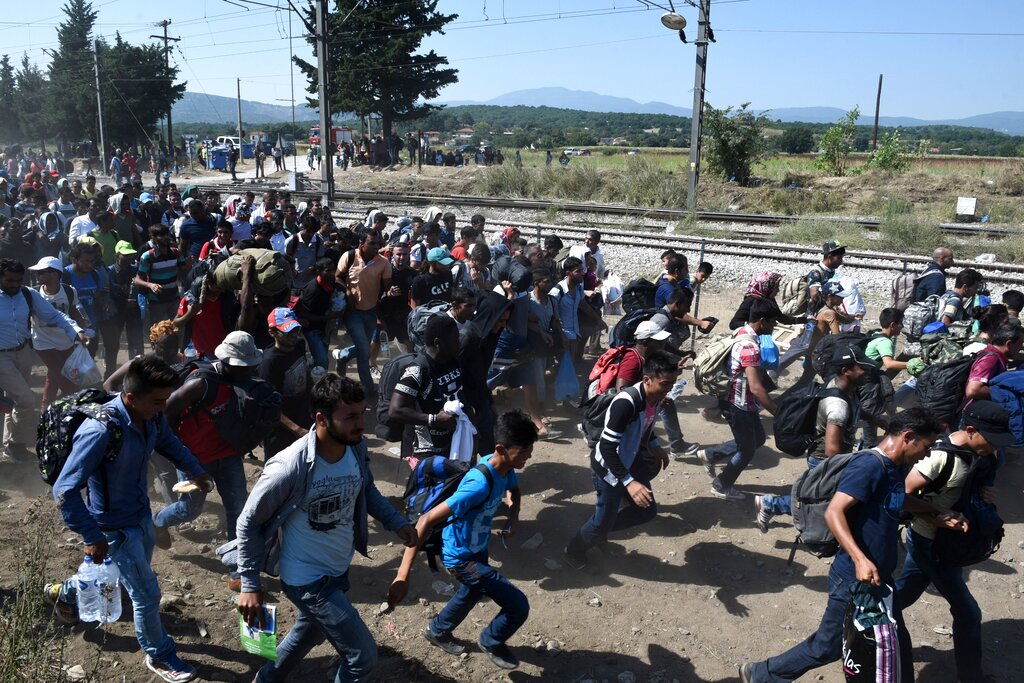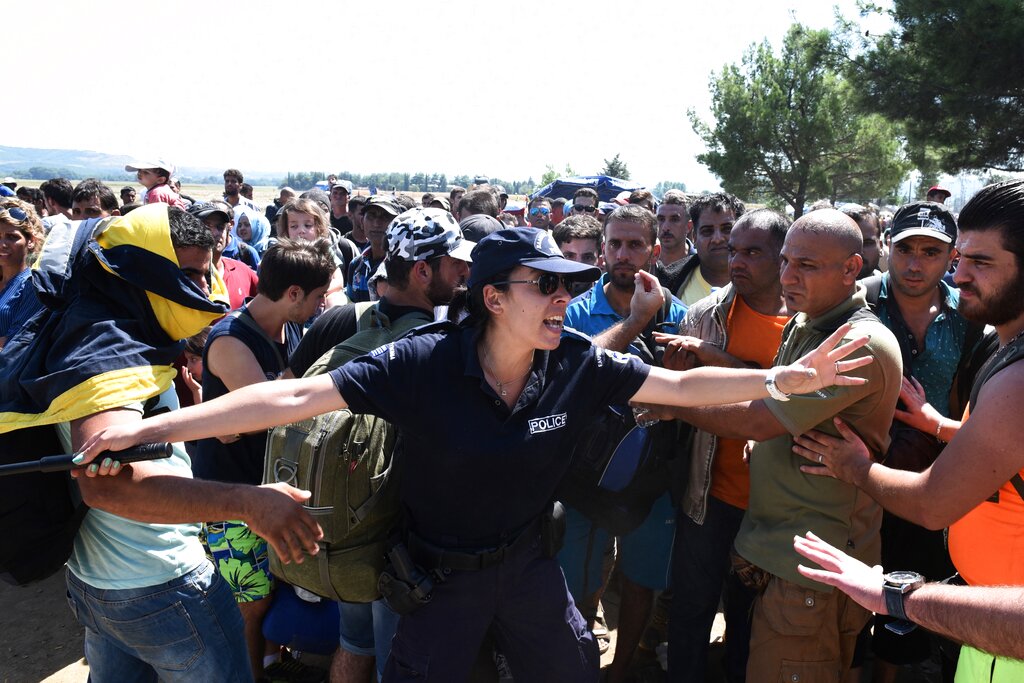With 100,-000 Lebanese people already fleeing into Syria, and potentially much more over the coming weeks, Europe could be in store for another migrant crisis due to Israel’s invasion of Lebanon.
“The number of people who have crossed into Syria from Lebanon fleeing Israeli airstrikes — Lebanese and Syrian nationals — has reached 100,000. The outflow continues,” wrote the United Nations High Commissioner for Refugees (UNHCR) Filippo Grandi on platform X.
With the number of Libyan refugees in Syria doubling in just two days, the fear of another migrant wave are real, and EU member Greece, bordering the Schengen Area, is bracing itself for a repeat of the mass chaos seen on its shores back in 2015.
Already, some experts are estimating that the millions of displaced Lebanese people may flee the country, with a sizeable number looking to make their way to Europe. One million have already been displaced within the country.
However, after already reeling from its ongoing migrant crisis, Germany may not be as welcoming this time around as it was last time, especially in light of the rise of the Alternative for Germany (AfD).German Interior Minister Nancy Faeser has ordered temporary controls at all German land borders starting on Sept. 16 and lasting for an initial six months, reports wPolityce. This means controls will be introduced with France, Luxembourg, the Netherlands, Belgium and Denmark, while similar controls are already in force at the borders with Austria, Poland, Switzerland and the Czech Republic.
The German minister also presented a plan to return people who do not have permission to enter the country, stressing the need to curb illegal migration and protect internal security, in particular against Islamic terrorism and cross-border crime.
Greek Prime Minister Kyriakos Mitsotakis has vocally criticized the German decision, stating, “Throwing the ball to other countries cannot be tolerated,” adding that more support is needed for those countries, such as Greece and Hungary, who help support the EU’s external borders and face the greatest pressure from migrant flows, an issue often brought up by Hungarian Prime Minster Viktor Orbán.

Greek Migration Minister Nikos Panagiotopoulos, known for his tough stance on migration, has also joined in, asking, “If Germany is doing this, why can’t we do the same, sending back migrants and protecting our own borders?” reports DW.
Panagiotopoulos also criticized the lack of unity in European migration policy and the fact that Germany has “hermetically closed itself off,” indicating that Greece could also decide to divert from EU policy if pushed.
Last week at the UN General Assembly, Greek PM Mitsotakis said, “A full-scale war in southern Lebanon must be avoided at all costs.”
Concerns are escalating that Europe will experience a repeat of the mass migrant wave seen in 2015 during the war in Syria. Lebanese caretaker Prime Minister Najib Mikati has said that some 1 million people have been displaced due to the Israeli bomb strikes in Lebanon and ongoing conflict with Hezbollah.






